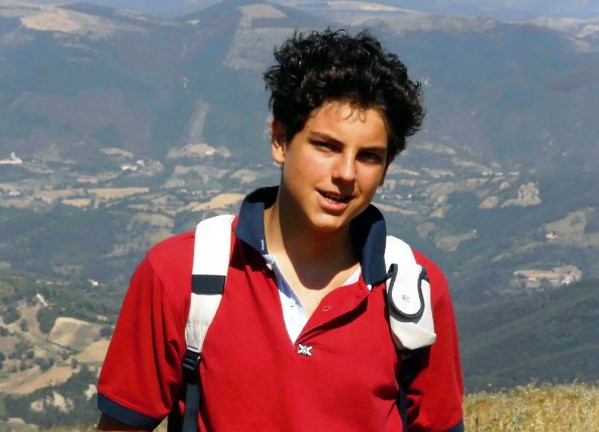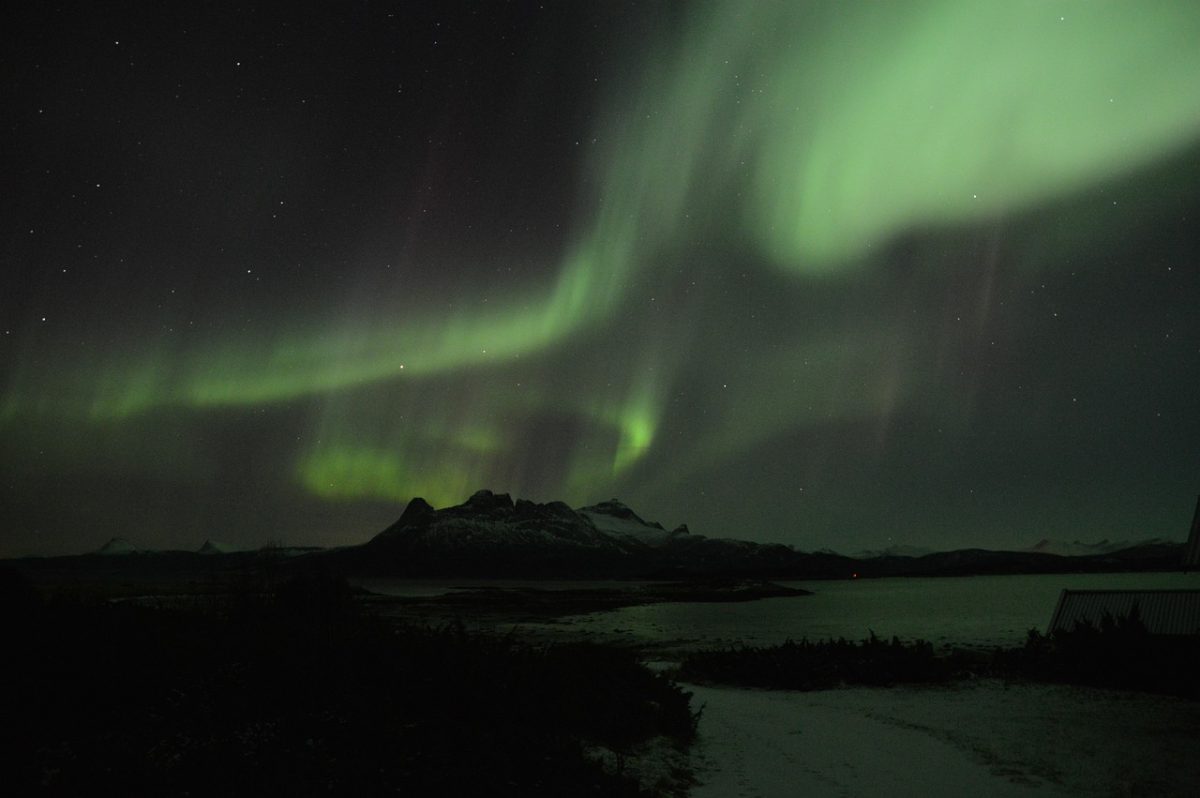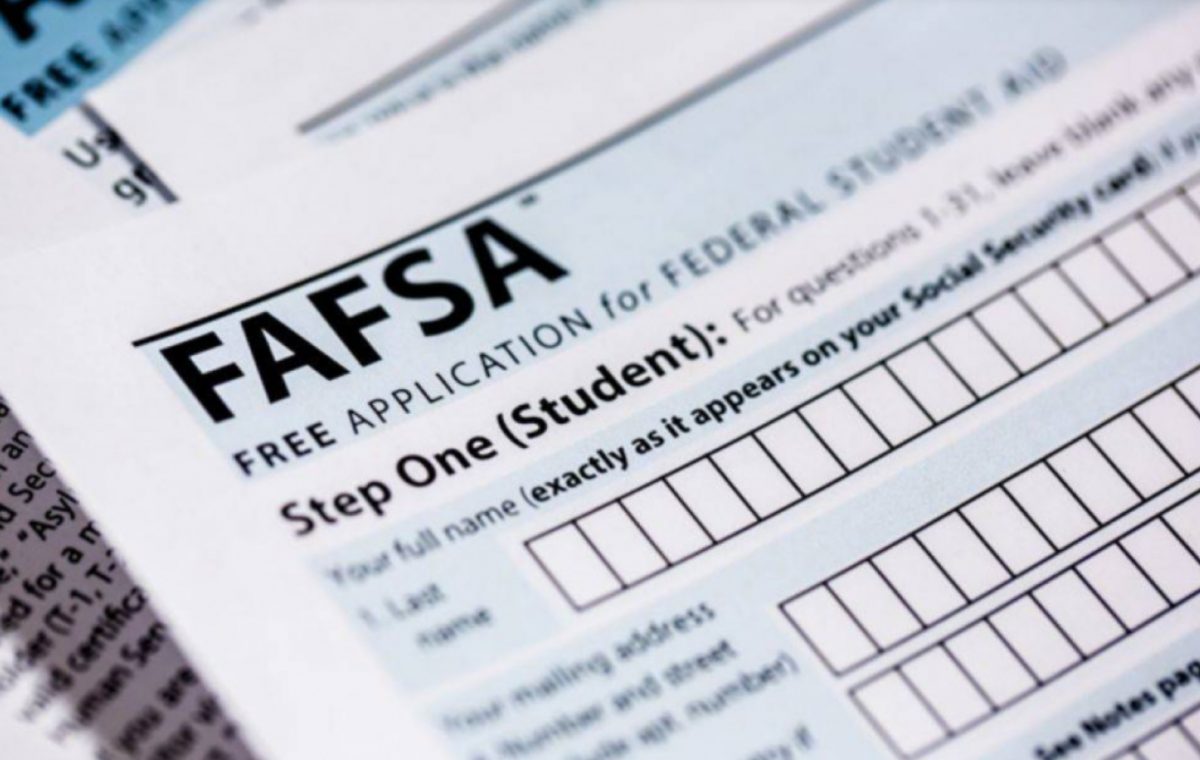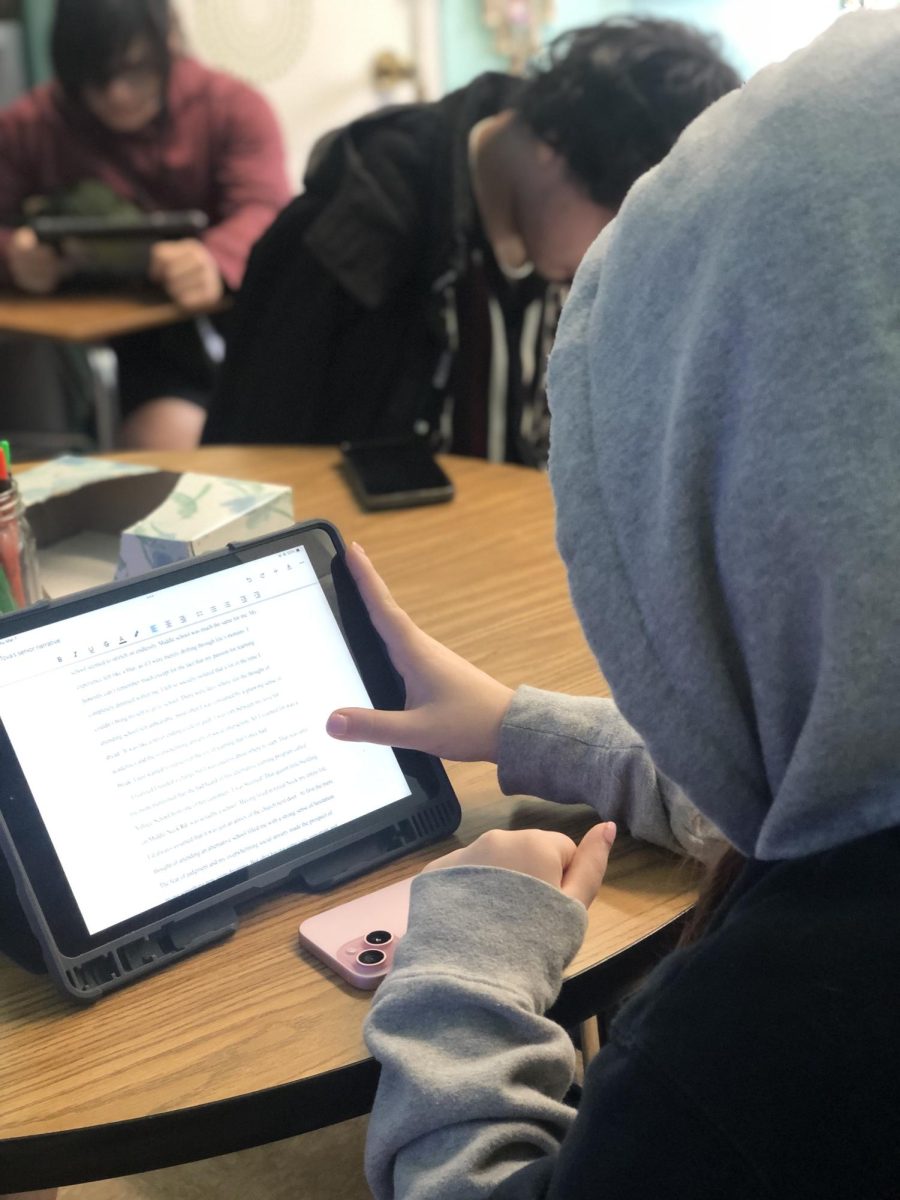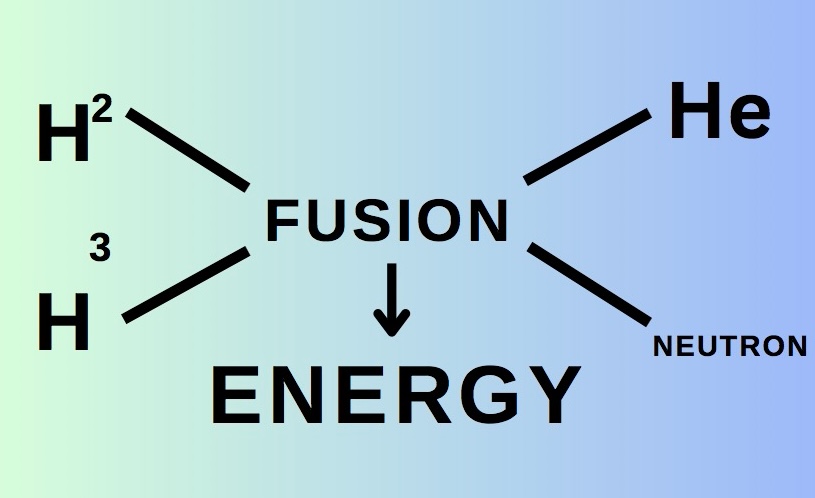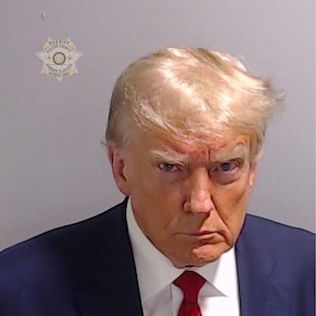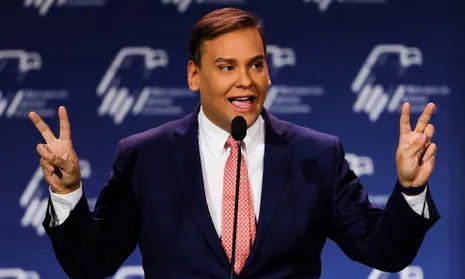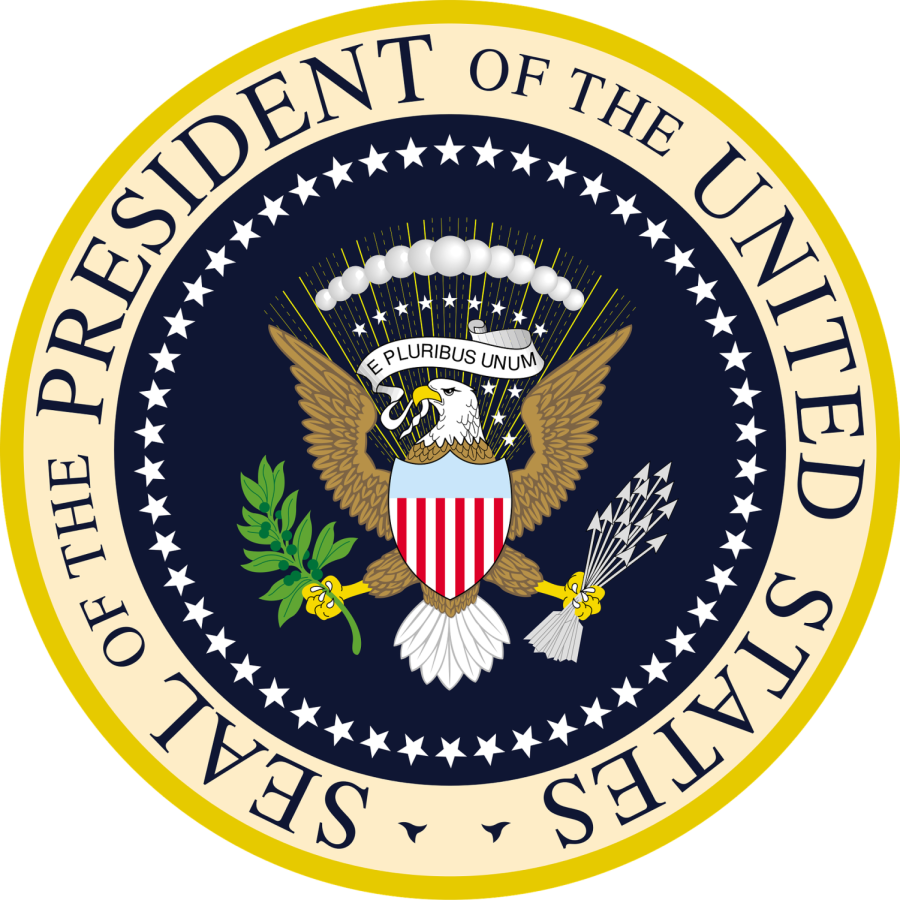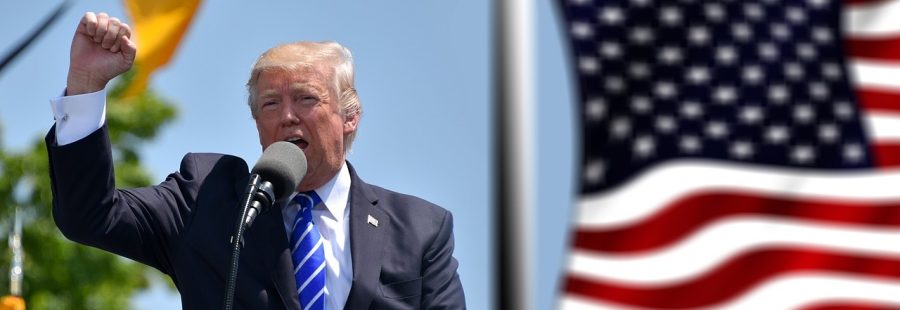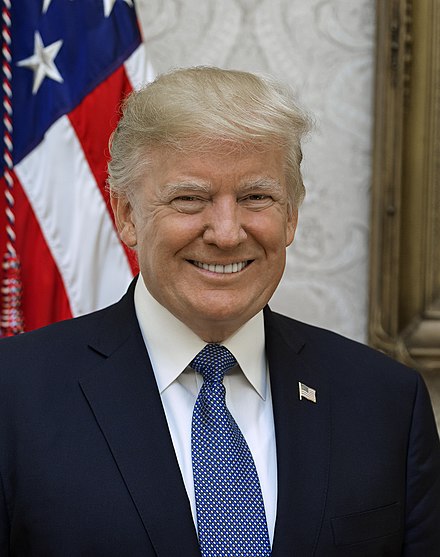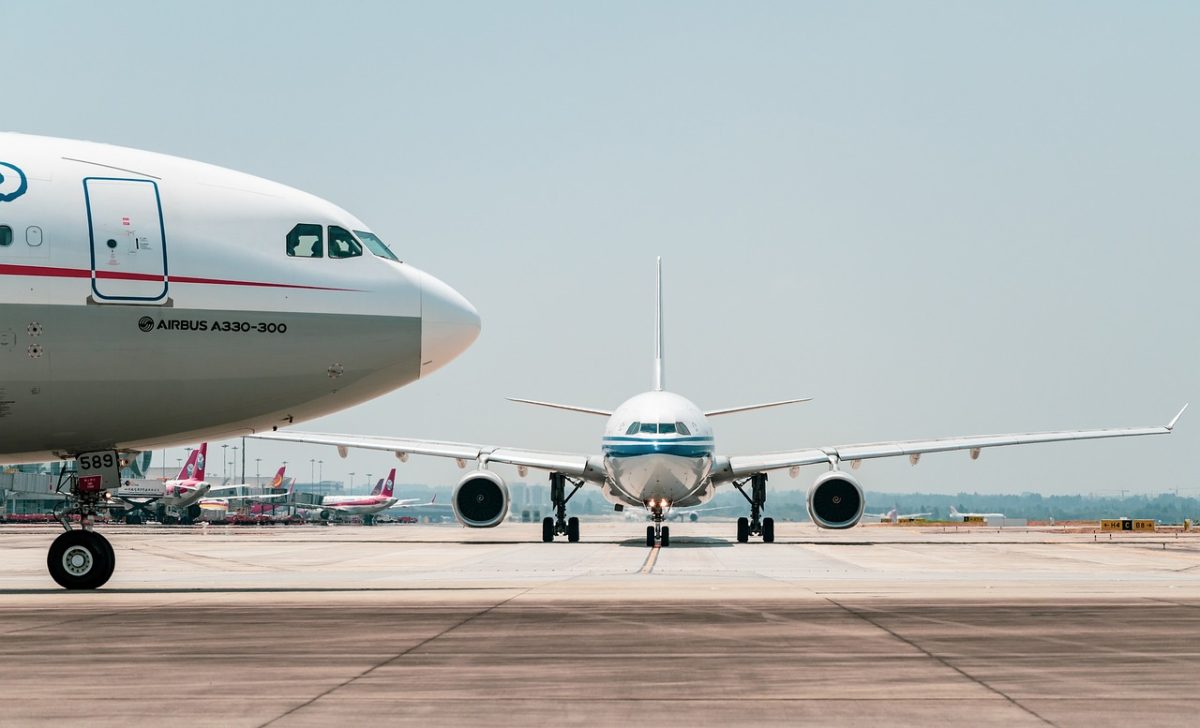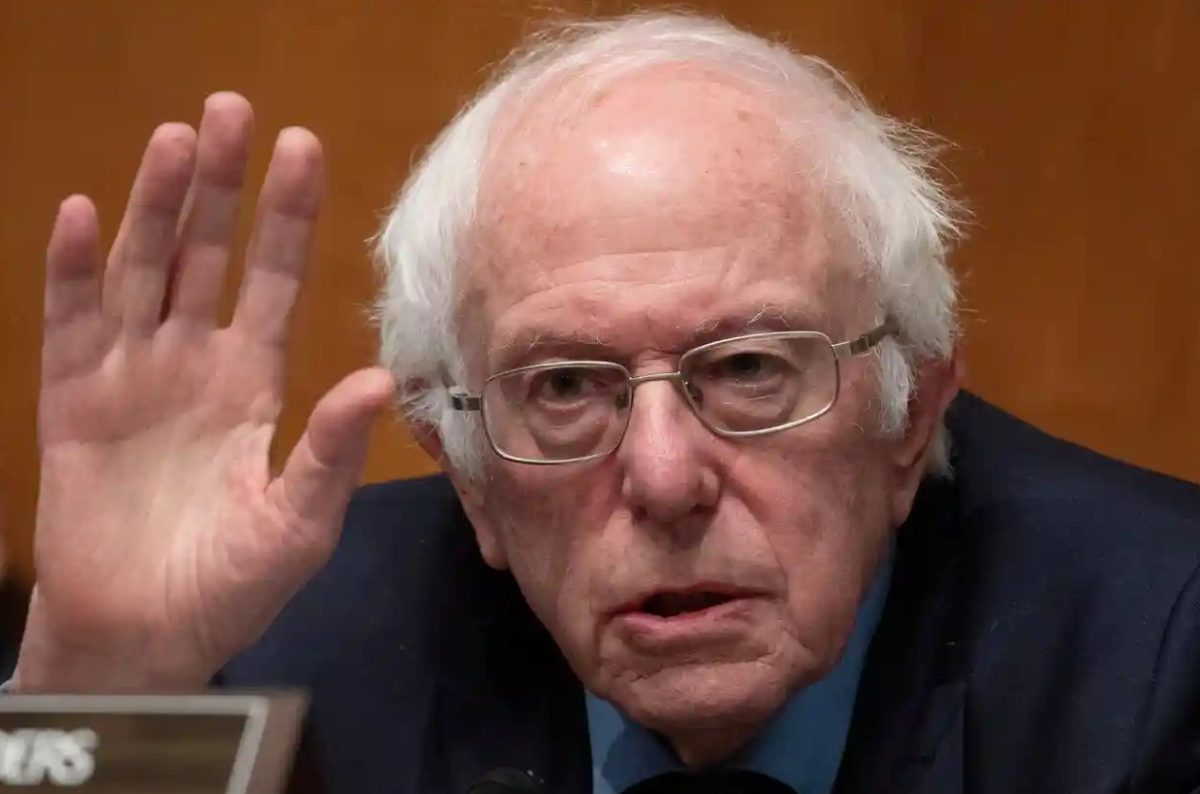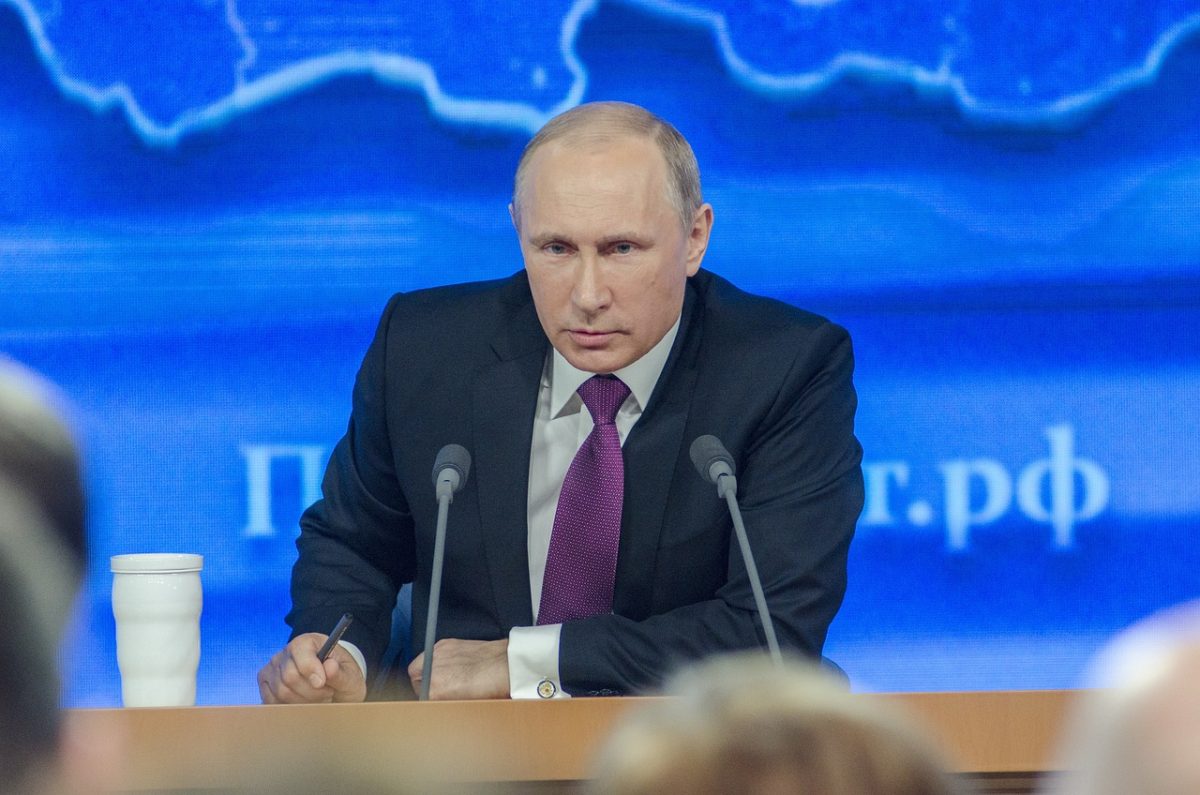North Korean leader Kim Jong Un was the epitome of confidence when he arrived in Hanoi, Vietnam on his heavily armored luxury train this past Wednesday. However, as President Trump settled into the dining room of a French-colonial hotel in Hanoi on Thursday morning, diplomatic congeniality between the two world leaders had already begun to transition into an uneasy discourse.
The evening before at the Metropole Hotel, Mr. Kim had declined what Mr. Trump contended to be a grand deal: North Korea would trade all its nuclear weapons, material and facilities for an end to the American-led sanctions crippling its economy.
With three new harsh rounds of sanctions implemented in 2017, North Koreans were hopeful that the summit would result in the revocation of penalties with a minimal relinquishment of their nuclear powers- especially since the meeting would directly involve President Trump. Possibly demonstrating his confidence, Kim took his first ever question from a foreign journalist.
“From what I feel right now, I do have a feeling that good results will come out,” Kim said on Thursday morning.
On Thursday afternoon, the meeting came to a sudden and humiliating end for the North Koreans. Not only did President Trump walk out of the talks, but he also canceled the final meal with which he and Kim would have concluded their time together.
“They were willing to give everything, including all the facilities at Yongbyon (North Korea’s known nuclear reactor). Not just one physical reactor, but the whole complex,” one source said. “They were also willing to present their willingness to fully dismantle in the form of an official document. They were getting down to business pretty seriously. And then Mr. Trump, and the American side turned down the proposal and left.”
During his post-summit press conference, President Trump claimed the North Koreans demanded billions of dollars in sanctions relief in return for only partial dismantlement of Yongbyon. The North Koreans then went so far as to hold a press conference of their own to refute this claim, insisting that they had only asked for partial easing of sanctions.
An American official later described Trump’s decision as “a proposal to go big.’’ Assured in his charismatic personality and experience as an expert dealmaker, he was sure he would succeed where three previous presidents had failed.
However, Mr. Trump’s offer was essentially the same deal that the United States has pushed for a quarter century. Intelligence agencies had warned him that Mr. Kim would not be willing to give up the arsenal completely.
While several of Mr. Trump’s aides thought the chances of a grand bargain for total nuclear disarmament were virtually zero, Mr. Trump disagreed. He had taken to showing what he called Mr. Kim’s “beautiful letters” to visitors to the Oval Office, as evidence he had established a friendship with one of the world’s most brutal dictators.
As Mr. Trump and Mr. Kim parted company, nearly a year of optimism and flattery was left poolside at the Metropole, steps from a meeting room with two empty chairs and flags that had been carefully prepared for a “signing ceremony.”
Vice Foreign Minister Choe told reporters that Chairman Kim “may have lost the will to negotiate” and that Trump and the U.S. were “missing an opportunity that comes once in a thousand years” and claimed, “our Chairman had a difficult time understanding the U.S. system of measuring.”
In the end, Mr. Trump flew back to Washington having made close to no progress. There was no agreement on a peace declaration, and no ban on producing more nuclear fuel, meaning North Korea’s arsenal of weaponry will continue to expand. Mr. Trump and senior diplomats say they expect negotiations to continue, though nothing has been scheduled. Although Mr. Kim has promised not to resume weapons testing, and the Pentagon continues to hold off on large-scale military exercises with South Korea, the future of US-North Korean diplomacy remains uncertain.

